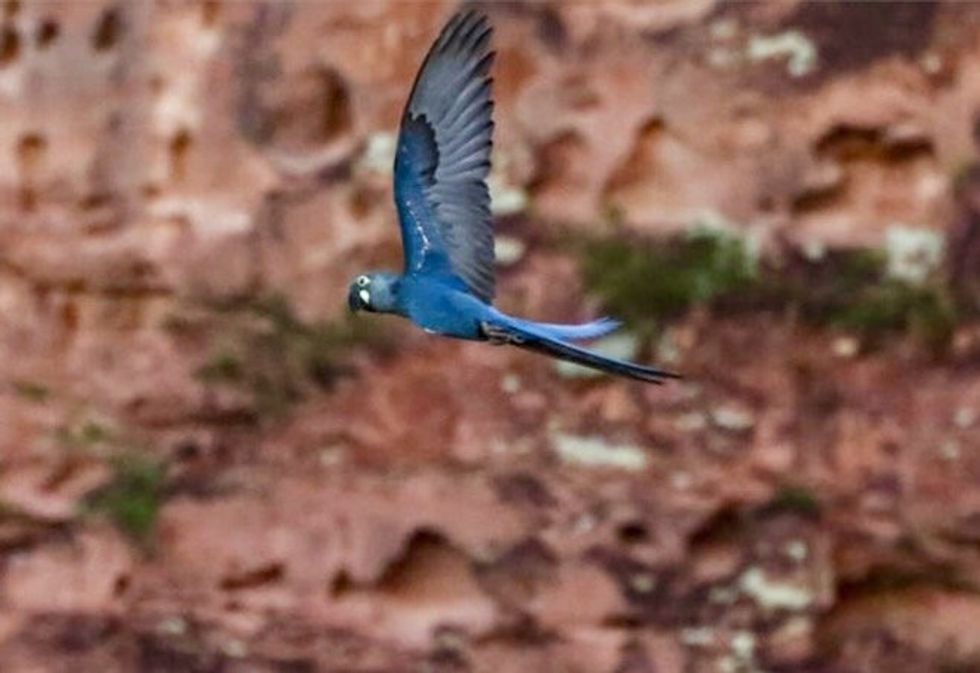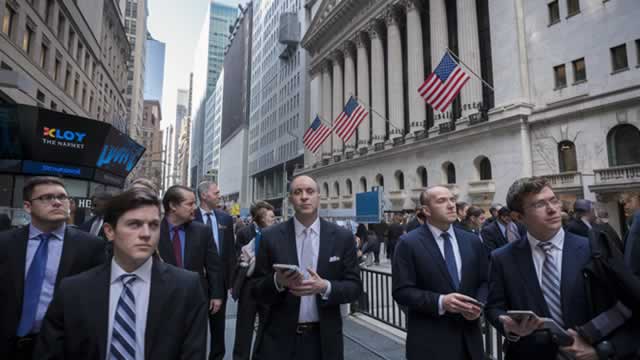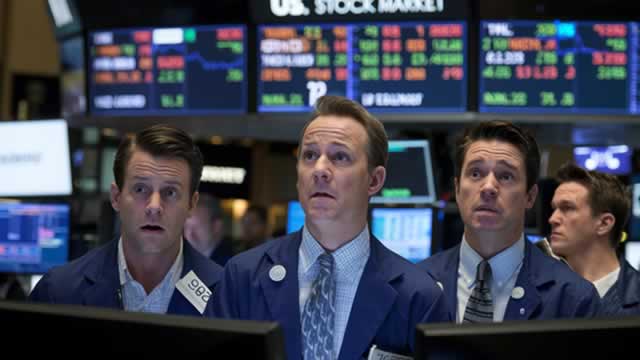A Wind of Change in Northeastern Brazil
Controversy Surrounding Wind Farms and Endangered Species
There is a growing concern in northeastern Brazil over the construction of wind farms and the potential impact on the endangered Lear’s macaw. While wind farms are seen as a climate-friendly energy solution, they have raised questions about their effect on the vulnerable species.
Home to more than 90 percent of Brazil’s wind-power industry, the northeast region is a prime location for harnessing the strong, steady winds that blow across the area. President Luiz Inacio Lula da Silva has championed the development of green energy in the region, aiming to lead a revolution in sustainable power generation.
One of the companies drawn to the region is French renewable energy company Voltalia, which has set its sights on establishing a significant presence in the area. However, as construction of wind farms continues, concerns about the impact on the Lear’s macaw have come to the forefront.
How Will This Impact Me?
As a resident of northeastern Brazil, the controversy surrounding wind farms and the endangered Lear’s macaw may directly impact you. The construction and operation of wind farms can lead to habitat destruction and disturbances that could affect the local ecosystem and wildlife populations, including the endangered macaw species. Additionally, conflicts may arise between conservation efforts and economic development, posing challenges for local communities and stakeholders.
Global Implications
The controversy in northeastern Brazil highlights the broader global issue of balancing renewable energy development with biodiversity conservation. As the demand for clean energy sources continues to grow worldwide, similar conflicts between sustainability goals and environmental protection may emerge in other regions. Finding a harmonious solution that promotes both renewable energy adoption and wildlife conservation is essential for addressing the challenges of climate change and biodiversity loss on a global scale.
Conclusion
The debate surrounding wind farms in northeastern Brazil serves as a reminder of the complex environmental and social considerations involved in transitioning to clean energy sources. While the development of renewable energy is crucial for combating climate change, it is essential to address the potential impacts on endangered species and ecosystems. By engaging in dialogue and collaboration between all stakeholders, we can work towards a sustainable future that prioritizes both environmental protection and clean energy innovation.





